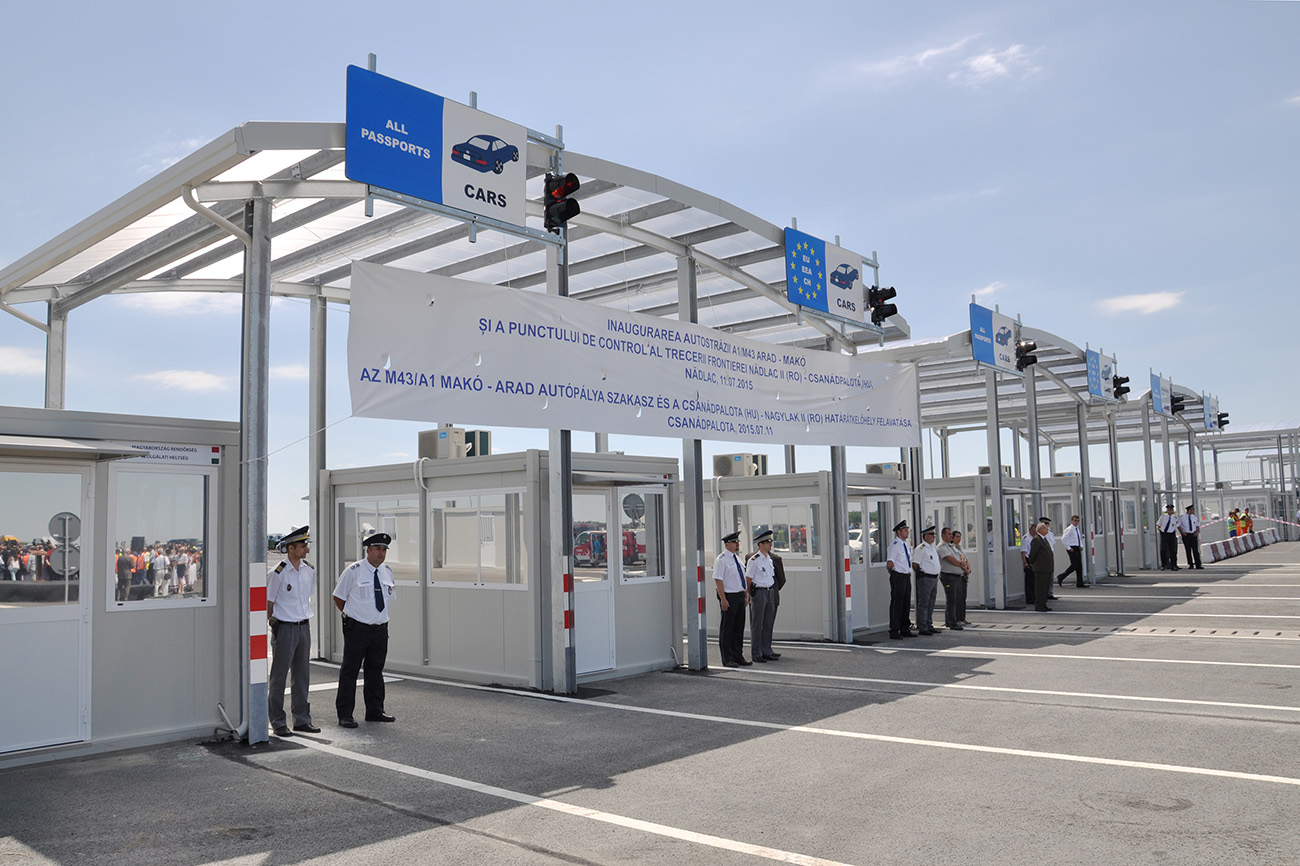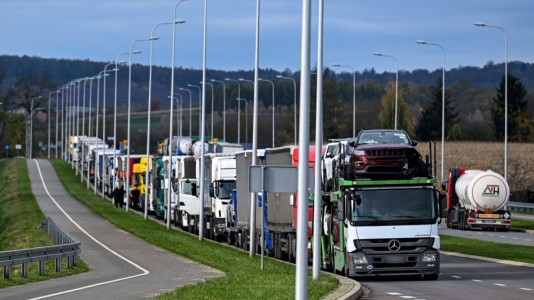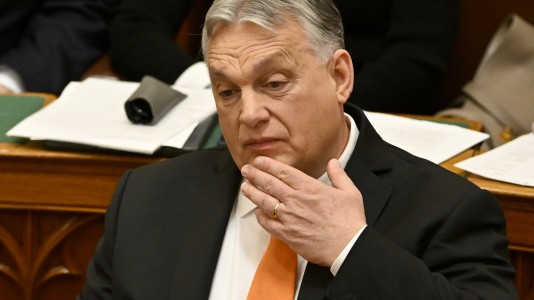Austria remains opposed to the full membership of Romania and Bulgaria in the Schengen Area, which would allow both countries to participate in visa-free travel and free movement of goods.
During a press conference in Innsbruck on Monday, Austrian Interior Minister Gerhard Karner (ÖVP/EPP) insisted on his country’s right to veto this decision. Karner spoke about the agreement on lifting controls at seaports and airports, also known as “air and maritime Schengen,” which will enter into force on March 31, 2024.
“I think it is very important to take this step now (maritime Schengen – ed.) and not to philosophize about the next one,” the minister said. He stressed that Austria had made this “compromise” after “tough negotiations.” Among the conditions mentioned by Karner was securing the land border. Police officers and additional Frontex resources will be available at the external border, and asylum seekers previously registered in Romania and Bulgaria must be returned from Austria to those countries, reports the Austrian news agency APA.
The “Air-Schengen” agreement will mean that travelers from Romania and Bulgaria will no longer have to fly to other EU countries via external terminals. However, border controls will remain in place for land travelers, which is where the biggest problems for Bulgarian and Romanian tourists and carriers lie.
The statements come as Austria faces two major election campaigns, one for the June European Parliament elections and the other for national parliamentary elections in autumn. To counter the rise of the right-wing Freedom Party of Austria (FPÖ), the ruling party has adopted a tough stance on illegal migration. Kurier journalists point out that Brussels is, however, putting increasing pressure on Austria to accept full Schengen membership for both countries.
Earlier in February, European Commission President Ursula von der Leyen said she was convinced that Romania and Bulgaria would soon become full members of the Schengen Area.
“You can count on us to further strengthen the borders and convince Austria that Romania and Bulgaria deserve to be full members of Schengen,” she said.






